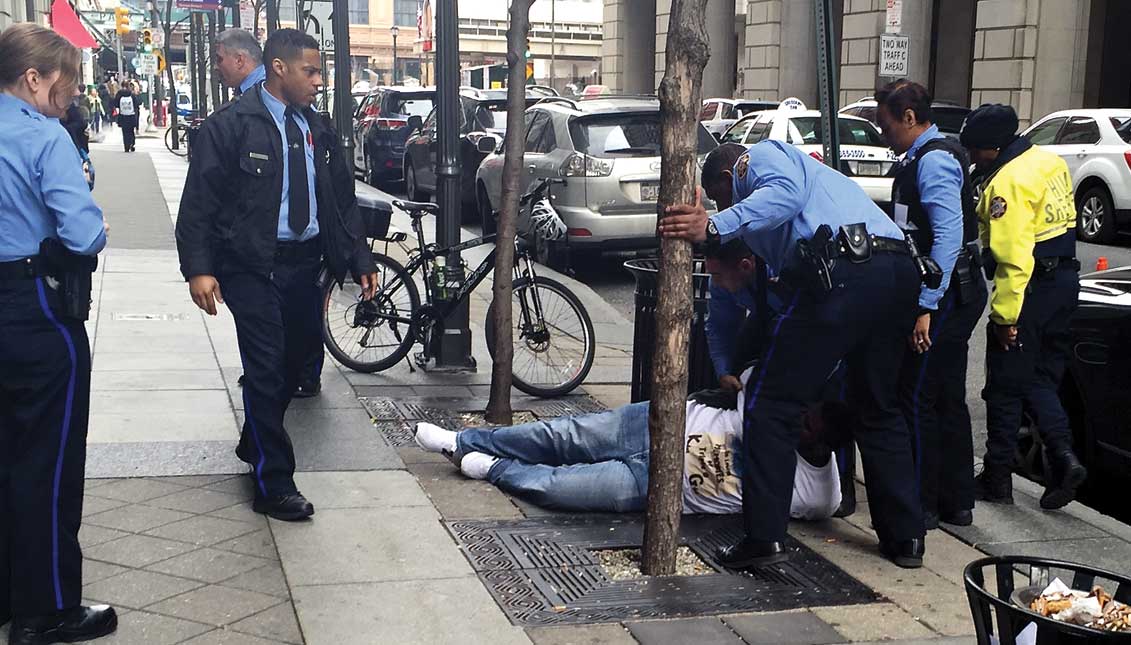
[OP-ED]: Costly Police Misconduct That Corrodes Respect For Law Enforcement
MORE IN THIS SECTION
The issue triggering this appellate court ruling was misconduct by Philadelphia police officers.
While not a fatal shooting or brutal beating, this retaliatory misconduct consisted of outrageous actions that violated clearly stated Philadelphia Police Department policy and long established First Amendment constitutional rights.
These outrageous actions occurred in September 2012 and September 2013, one year and two years respectively – AFTER – Philadelphia’s then Police Commissioner had issued a Memorandum on September 23, 2011 clearly informing all members of the Philadelphia Police Department that it was improper to do what police officers did in 2012 and 2013 triggering the chain of events leading to the Third Circuit ruling.
This police misconduct will cost Philadelphia taxpayers money to compensate the persons abused by this (and similar) misconduct plus taxpayers endure the costs associated with litigation. However, the prospect of the offending police officers facing serious discipline or discharge for their tax coffer draining misconduct is slim-to-none based on past practice.
There is little disagreement that policing is a tough job and, yes, a dangerous job. And, there is little disagreement with the propriety of the law giving police latitude in their enforcement duties.
But the problem in this case (and too many others) is that police too often see the latitude extended for enforcement as a license to act as they please even to the point of crashing across the line into lawlessness.
And that lawlessness by police is too often ‘aided-&-abetted’ by police supervisors who excuse errant acts by their colleagues, prosecutors who seek convictions from clearly improper arrests by police and judges who crave out legal exemptions for police even if those exemptions corrode the concept of equal justice under law.
RELATED CONTENT
That Third Circuit ruling arose from arrests police made of persons who were videoing police actions in public places. Those persons were not interring with police in any way. In 2012, police arrested a legal observer videoing a police arresting a protester outside the Convention Center. In 2013, police arrested a college student videoing police breaking up a house party.
Those arrests clearly violated the Police Commissioner’s 2011 Memorandum to police instructing that police should “not” arrest persons for videoing (most) police activities. Months later the U.S. Justice Department issued recommendations that police nationwide should not arrest persons for videoing police activity. Philly’s Commissioner incorporated those federal recommendations into an enhanced Directive on the subject in November 2012.
The errant officers at the heart of the Third Circuit ruling claimed they were unsure of what they could and couldn’t do while the City claimed it had no responsibility for the errant acts of police it employed.
As one judge in that Third Circuit ruling noted, police officers “had no ground to claim ambiguity about the boundaries of the citizens’ constitutional rights…”
Police misconduct will continue until authorizes at all levels crack down – hard!







LEAVE A COMMENT:
Join the discussion! Leave a comment.